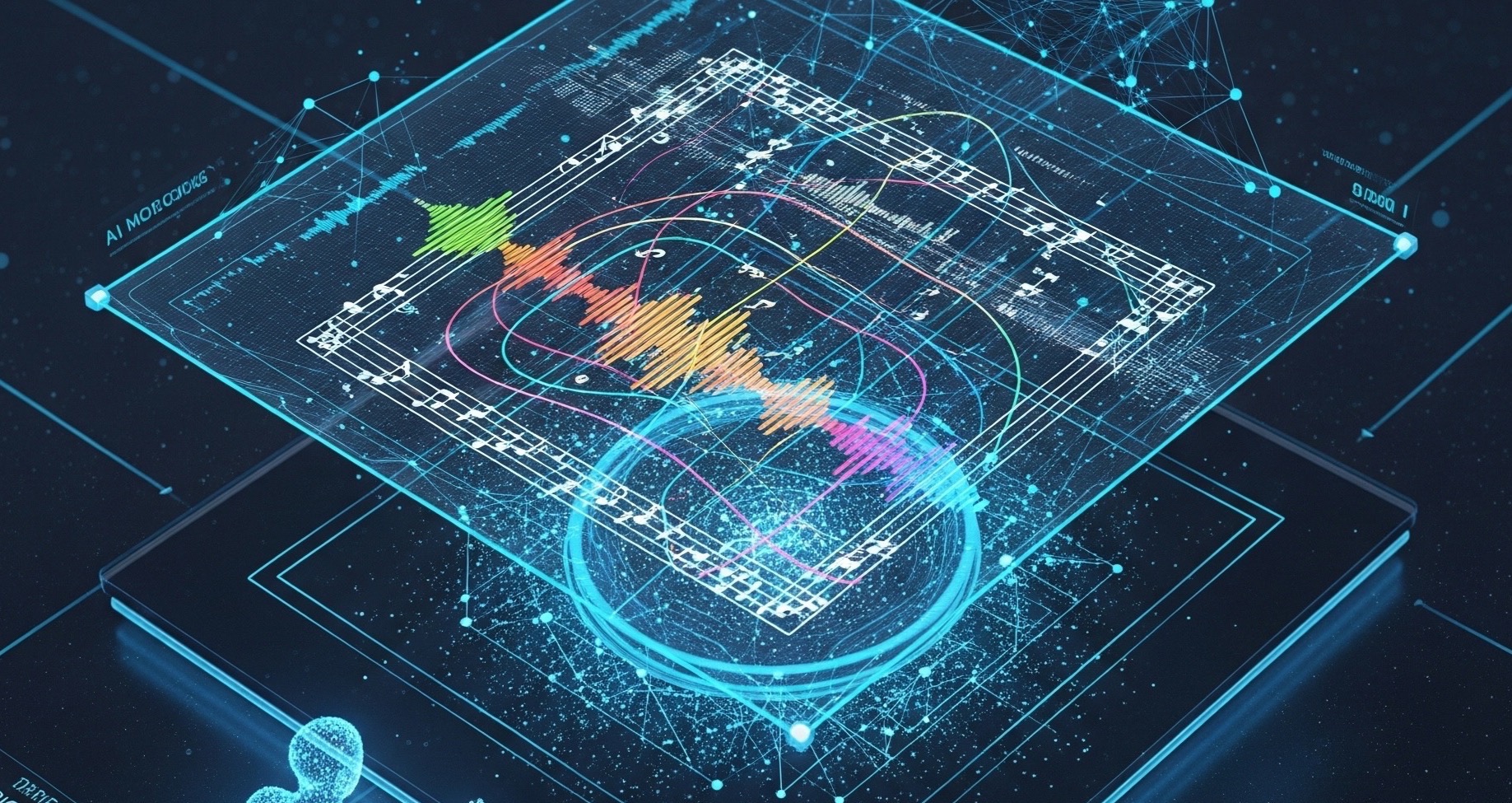Good news for musicians and artists with AI anxiety
The introduction of Generative AI's capacity to generate creative content on command by anyone, what we called ChatGPT, and now a string of names, new each day, took many creators by surprise. The demonstrations of what AI models could produce was shocking to some and exciting to others. There were very few laws to manage it at first, this new form of AI appeared to emerge on unchartered land, for most people. In many ways, many people would agree, artificial intelligence, more specifically, generative AI, is an untamed frontier, akin to a new Wild West. Though regulation and laws are expected to ensure the technology follows society's guide posts in the future, according to assurances from the industry.
For musicians, one small step has been taken. In January, the U.S. Copyright Office announced that creative works of musicians are protected from digital replicas. As long as the original piece shows "substantial human involvement," these songs and other artistic productions are protected. Significantly, those replicas, spit-out virtually by AI-generated music models may be subject to legal recourse. While artists and musicians have been waiting to see in which way AI tools would be regulated, not all musicians hate AI. According to ASCAP, an organization that aims to protect creators in the music industry:
We view AI as an opportunity to innovate, and help our songwriter, composer and music publisher members do the same. How do we do that? By engaging in conversation with the music, tech and legal communities, and ensuring that our members have a seat at the table with policymakers.
But now that music creators have one set of protections, it begs the question. How is it possible to track down unfair use? In the vast landscape of AI-generated content, how can misuses be found?
This is where the good news comes in. The very technology that can systematically scrape, devour and digest songs, toward the end of training music models, can be put in reverse. AI models can be trained to detect a similarly matching creation. In this way, royalties may be awarded to the original creator of an AI-generated digital replica.
One organization, the Audio, Music and AI Lab (AMAAI) at the Singapore University of Technology and Design (SUTD), is working on this specific type of project. As the research lead of AMAAI, Dorien Herremans, explains, they are researching ways to fine-tune the AI process "to create meaningful musical similarity metrics than can focus on timbre, melody, harmony, rhythm or even the input prompt itself." Adding, Such metrics could also be expanded to detect plagiarism."
Elaborating on the process, Herremans makes it clear that policymakers and regulations, and AI-based tracking systems, are going to make generative AI technology much more palatable to many creators:
At the Audio, Music and AI Lab (AMAAI) at the Singapore University of Technology and Design, we’re exploring whether new AI models designed to detect similarities between pieces of music could reveal new ways to distribute royalties. In a musical landscape set to become increasingly dominated by AI, this research could help transform how creators are compensated.
https://www.wipo.int/web/wipo-...

Post a comment